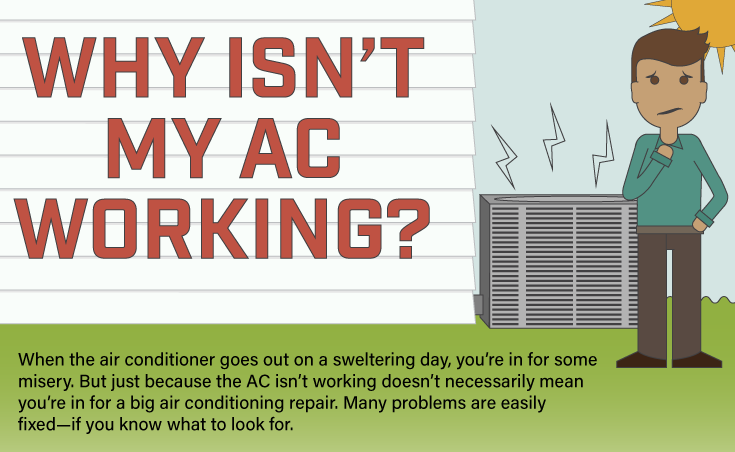Heatpump Vs Heater - Which Is The Better Heating Alternative For Your Home?
Heatpump Vs Heater - Which Is The Better Heating Alternative For Your Home?
Blog Article
Write-Up Writer-Austin Niebuhr
Several homeowners know with furnaces, which heat homes with oil or natural gas and press hot air through ductwork. They are fairly cost-effective and can supply reputable home heating even throughout a winter season power interruption.
Nevertheless, they use fossil fuels and create carbon monoxide gas and other air pollution. They likewise aren't as energy-efficient as a high-efficiency heatpump.
Expense
Typically, heatpump are extra cost effective to operate than heaters. They usually make use of power and refrigerant to remove heat from exterior air, and after that move it right into your home. You can take advantage of less costly electrical energy prices throughout off-peak hours to additionally reduce your heating expenses.
Unlike heatpump, gas or wood-burning heaters use burning to generate warmth, giving off flue gases into the environment that can be harmful to your health. These heaters are additionally less energy-efficient than heatpump, and their higher operating expense can build up with time.
Heaters are much more challenging than heatpump and call for normal maintenance to make certain the correct feature of all components. Regardless of this, they tend to last longer than heat pumps with a regular lifespan of two decades or more. Nevertheless, you'll need to factor in the expense of gas, gas oil or wood and the added devices needed for installation and procedure such as ducts and ventilation systems.
Power Effectiveness
Heat pumps have a greater power performance rating than heating systems. These systems use electrical power to feed on warmth from the air, also in freezing temperatures. They can additionally remove excess warmth from the home throughout warmer months and reuse it to cool down the system. Carrier experts can assist you determine the very best model for your online on climate and resource power expenses.
Heaters burn gas oil, gas, gas or other types of fossil fuel to warm the air in the home. This air is after that distributed with ductwork making use of a large fan. Heating systems generate greenhouse gases and call for routine maintenance and equipment upgrades to make certain secure procedure.
The biggest benefit of a heater is that it can be operated also in extreme winter conditions due to the fact that it does not rely on outside temperature levels to warm up the air. Heaters also have a longer lifespan than heat pumps and typically last 15 years. They can additionally be coupled with twin fuel options, which pick the most efficient heating option based on the climate.
Environment
Heatpump work well in modest environments and make use of much less resource power than furnaces. Nevertheless, if your area is remarkably cold, you may need to invest in a conventional gas furnace instead.
Furnaces give warm, relaxing warm and commonly offer fast heating to increase interior temperature levels. https://nysenewsroom.com/uncategorized/10249/global-automotive-repair-and-maintenance-services-market-size-share-growth-analysis-and-forecast-outlook-by-2026-auto-pro-discount-brake-auto-repair-sumitomo-corporation-firestone-complet/ can be used with a selection of fuel types, including gas, propane, oil or power.
They take in a lot more energy than heat pumps-- as much as 3x as much-- and require ductwork that's costly to mount or retrofit. They're likewise more costly to maintain, as they can create air quality problems and produce greenhouse gas emissions.
If you're committed to minimizing your carbon footprint, a heat pump is a good choice for your home. They have less greenhouse gas exhausts than furnaces, specifically if you choose an ENERGY CELEBRITY ® heat pump. Your regional Carrier expert can clarify the differences in between these 2 heating systems and help you make the very best choice for your special demands.
Personal Preferences
Heating systems can be really energy reliable when powered by natural gas, propane or oil, yet they aren't as energy reliable as heat pumps in freezing environments. They can likewise be much more expensive to mount, requiring gas lines and air flow systems.
However, heating systems often tend to need less maintenance, which can cause reduced continuous expenses. They generate less greenhouse gases and are a lot more reliable than heat pumps throughout extreme weather condition.
Electric heat pumps are more flexible in producing indoor convenience due to the fact that they can also work as air conditioning unit during warmer months. They can be more convenient to keep, calling for just regular air filter adjustments and occasional vacuuming.
If you favor the convenience of a solitary system that does it all, think about a crossbreed heating option that pairs a heater with an electric heatpump. These systems can automatically switch over between both home heating alternatives based on your home's needs and temperature conditions, making best use of efficiency and financial savings.